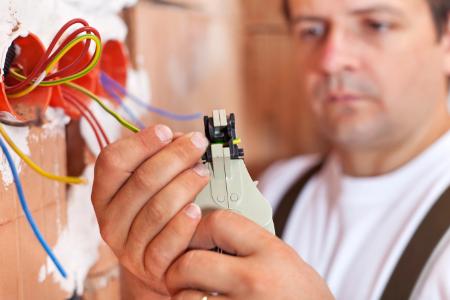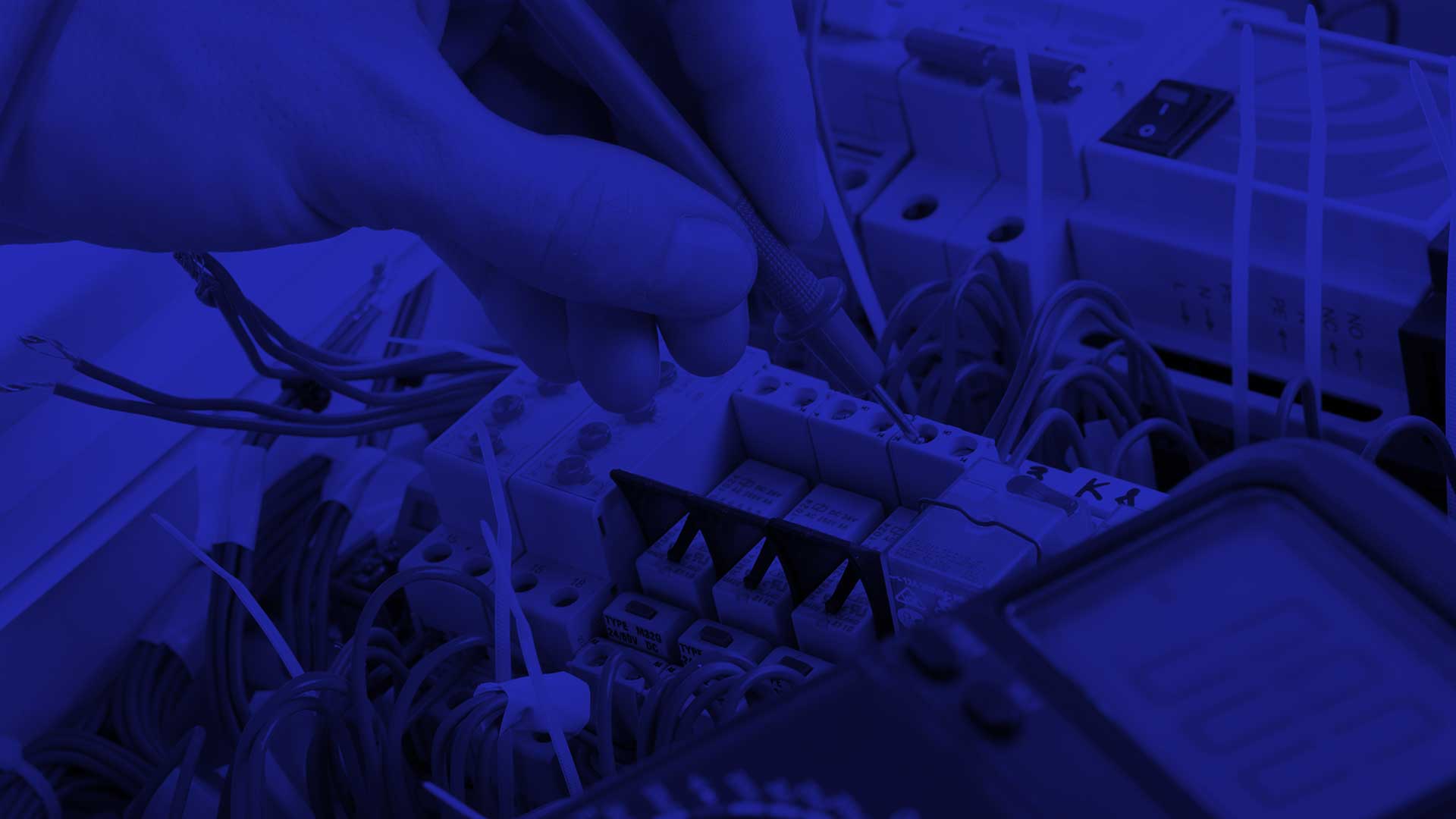4 Reasons To Replace Your Old Aluminum Wiring With Copper

Aluminum wiring in homes has somewhat of an interesting and a somewhat controversial history. Here at MK Electric Man, we have a number of customers who have come to us over the years asking us whether or not their old aluminum wiring is safe to keep in their homes, or if it would be a safer decision for them to go ahead and replace it. The simplest answer to that question is yes, older aluminum wiring is technically safe to keep in your home as long as it has been properly cared for over the life of your home. While it might be safe it is has been properly maintained, the simple fact of the matter is that copper wiring will ultimately serve your home better for a number of different reasons. If you have aluminum wiring in your home, and there are no obvious electrical problems in your home, you will probably be able to put off having your aluminum wiring upgraded to copper for a little while at least, but because aluminum wiring tends to degrade in quality fairly quickly, you won't want to do so for long. If you have aluminum wiring in your home, the question will eventually become one of not if you need to upgrade your wiring, but how urgently you need to do so. In order to help you with the decision of whether you should go ahead and upgrade your home's aluminum wiring to copper, our New Orleans Electricians have taken the time to compile some information that we hope you will find helpful in your decision making process.
Conductivity
Aluminum wiring generally has a volume conductivity of 38.2% less than that of standard copper wiring. This basically translates to mean that aluminum wiring just isn't able to handle as much electricity as copper wiring. In fact, the electrical industry changed the standard of electrical wiring from aluminum wiring to copper in larger part because they were aware of this difference. In order for aluminum wiring to carry the same amount of current that can be safely carried by copper wiring, the aluminum wiring would have to be at least one gauge bigger.
Durability
Aluminum is a less dense material than copper, and thus aluminum wiring is both less durable and less flexible than copper wiring. If an electrician doesn't have the right level of skill when working on aluminum electrical wiring, especially when bending or twisting it, the aluminum conductor inside of the insulation can break quite easily. In addition, when twisting the conductor down on an attachment screw, there is a serious possibility of splitting the conductor, leading to arcing and the serious potential for electrical fires.
Melting
Aluminum as a metal tends to have a very low melting point, and as such, if the aluminum wiring in your home is subjected to any kind of overheating, it can permanently and dramatically affect the conductor. In addition to having a lower melting temperature than copper, aluminum also melts at a faster rate, and when aluminum is reduced to a molten pool, it has the serious potential to ignite anything combustible that happens to be close at hand.
Corrosion
Aluminum wiring is more subject to corrosion and weathering than copper as well. Over an extended period of time, aluminum wiring tends to scale over with corrosion, which begins to creep its way between any connections between the aluminum and any other type of metal. In addition, where copper tends to corrode to more of a green color, this corrosion doesn't actually affect the conductivity of the wiring, where the white corrosion on aluminum wiring will do so.
Temperature
Aluminum wiring also tends to change density when exposed to hot and cold temperatures, which works to flatten the connection of any termination of an aluminum electrical connection. This generally means that your aluminum connections will become loose over time and will need to be tightened by a professional electrician.
